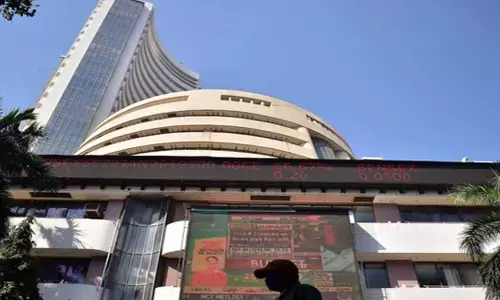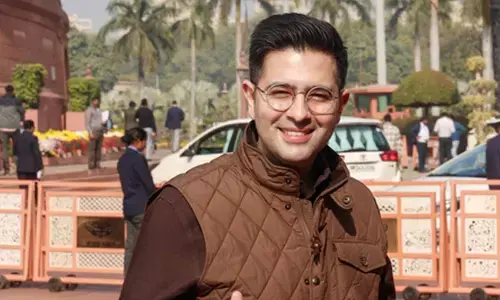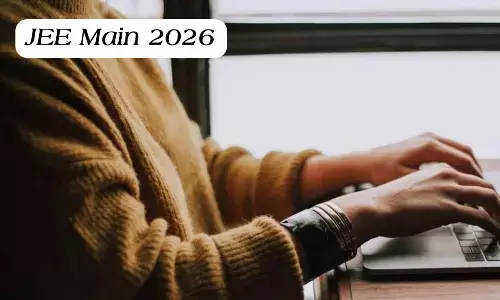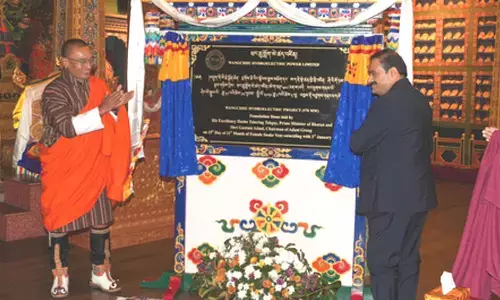Kavitha writes to chiefs of 47 parties on women’s quota Bill
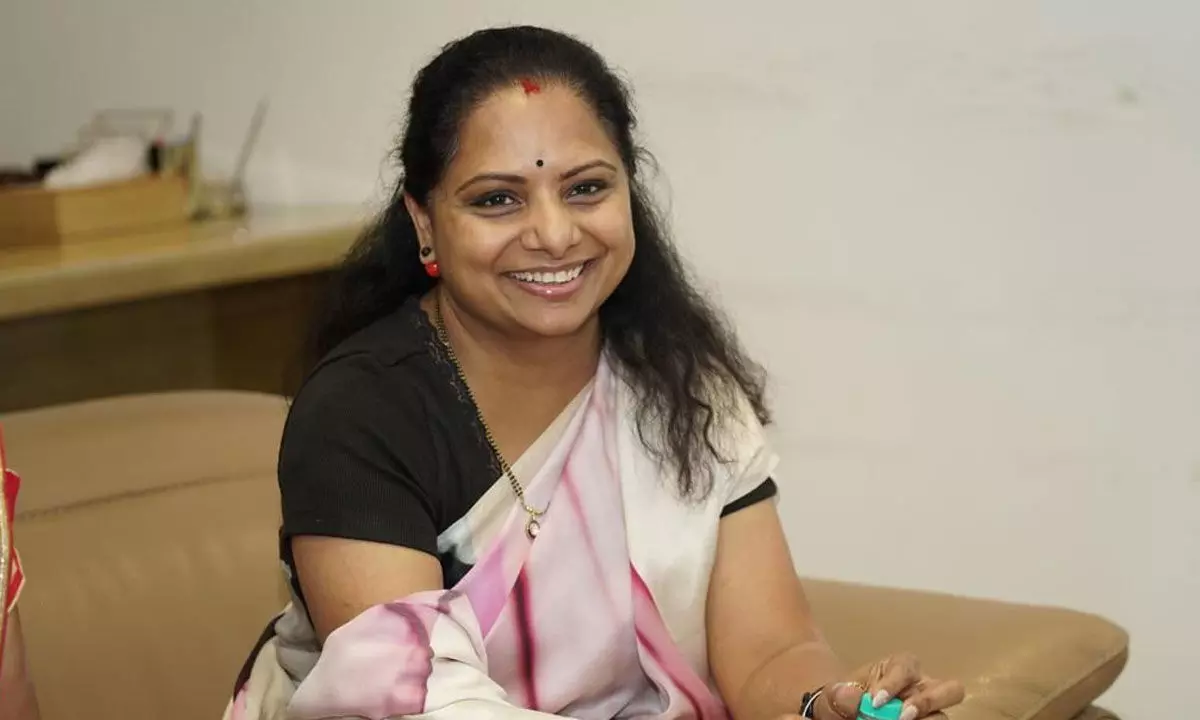
- The Women's Reservation Bill seeks to reserve 33 per cent of seats in the Lok Sabha and state legislative assemblies for women
- Kavitha underscores the pivotal role women play in Indian discourse and the pressing need for their representation
Hyderabad: Member of Legislative Council K Kavitha on Tuesday wrote a letter to 47 political parties in the country appealing them to unite and pass the long-awaited Women’s Reservation Bill in the ensuing Parliament session.
Former MP from Nizamabad has penned a compelling letter addressed to the presidents of all 47 political parties with representation in the Indian Parliament. In this letter, she called upon them to set aside political differences and prioritise the passage of the Women's Reservation Bill in the upcoming special session of Parliament.
The Women's Reservation Bill seeks to reserve 33 per cent of seats in the Lok Sabha and state legislative assemblies for women. Despite being a crucial step towards gender parity and inclusive governance, the bill has remained in legislative limbo for far too long. In her letter, Kavitha underscored the pivotal role women play in Indian discourse and the pressing need for their representation in legislative bodies. She highlights the proof of concept provided by the 14 lakh women already active in public life, demonstrating their ability to lead and govern effectively.
The BRS MLC emphasised the importance of inclusivity in the democracy, asserting that increased women's representation was not a matter of exclusivity but a means to build a more equitable and balanced political landscape. She urged all political parties to recognise the urgency of this matter and throw their weight behind the Women's Reservation Bill.
Kavitha has earlier she sat on a hunger strike in March demanding the tabling and passing of the Women's Reservation Bill and has been engaging with political parties and civil society organisations across India to escalate the demand for the Bill.











